Building Wealth Through Homeownership & Equity
What Is Equity?
Equity is the difference between what you owe on your home and its current value. Equity is one of the greatest benefits of homeownership as it can be used later for other large financial decisions.
Ex. If you owe $250,000 on your home mortgage and your home is valued at $300,000 then you have $50,000 of equity in your home.
Equity can increase or decrease based on a host of different variables such as appreciation or depreciation of your home value. This means that as your house gains value and you continue to make payments, your equity will increase. It also means that if your home loses value or even falls below what you owe, your equity may stall or shrink considerably.
Ex. You buy your home at the value of $100,000. You made a $5,000 downpayment and are left with a mortgage of $95,000. At the start, you have $5,000 in equity. Fast forward 2 years and some things may have changed.
- Your home’s value has increased to $115,000 and you’ve reduced what you owe to $85,000. Your equity has now increased to $30,000.
- You have paid down your mortgage to that same $85,000 but your home’s value has dipped to $95,000. Your equity is now only $10,000.
This is the simplest way to understand equity in your home and how it could grow or shrink during the time you own your home. What’s important to remember is that buying a house is an investment. Just as stocks go up and down, so can the investment in your home but don’t worry it’s far less volatile than the stock market.
Building Equity
- Down Payment: The more you can put down on your home, the more equity you will have from the start. So instead of putting down $5,000 on your home that’s worth $100,000, you can aim to put down somewhere between 10%-20% or $10,000 - $20,000. This may not be an option for everyone, but starting with as much equity as possible can set you up for success down the road.
- Monthly Payments: Homeownership acts as a sort of forced savings and requires that you have a certain amount budgeted for your monthly payments. At the start of your loan, the majority of your monthly payments will go towards things like interest, taxes, and any other fees. As you continue to make those monthly payments, more of it will go towards reducing your principal balance and in turn, build your equity. No, this doesn’t mean your monthly payment changes, it just means the allocation of the same funds go to different buckets when you pay your mortgage.
- You can also use monthly mortgage payments as a way to build wealth faster. Perhaps you could put an extra $100 towards your payments each month or make one extra payment every year. This will help you to shrink the life of your loan faster and increase the amount that goes towards paying down your principal balance and building your home equity.
Renovations: Help your home’s value without relying on the market with smart renovations. Get familiar with what home buyers are looking for in a home and make moves to add those features to your own. For example, upgrading appliances, redoing your roof, finishing your basement, or upgrading the exterior of your home will increase the value of your home, and in turn increase your equity.
How Can You Use Equity in Your Home?
The equity you build in your home doesn’t have to be just a concept you halfway understand, it can work as a tool for you in your future endeavors. Tapping into the equity in your home can help you with future financial moves such as home renovations, debt consolidation or repayment, and buying your next home. There are several ways to tap into and use your home equity, but the most popular one allows you to re-evaluate your current home financing details and borrow from your built equity.
Cash-Out Refinance: Now that you understand what equity is and how to build it using your home, let’s talk about how to access that money. The most common way, other than selling your home, is a cash-out refinance. When you obtain a cash-out refinance you are BOTH refinancing your interest rate and borrowing money from the equity in your home. It’s important to remember that whatever equity you take out of your home will have to be added to your mortgage so the balance owed on your mortgage after the cash-out refinance will equal your old principal balance plus the amount of money you take out of the house in addition to any closing costs you may have rolled into the loan.
Homeownership comes with many benefits, but understanding the financial benefits and how they can work for you is crucial to making the most out of being a homeowner. If you have more questions about home equity and how to use it, contact one of our loan officers today! We are always here to help you understand all your available home financing options and which solution is best for you.
Share This Article





